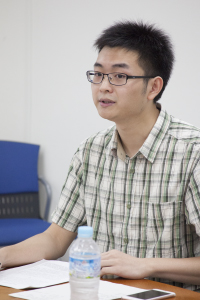REPORT
东文研学术研讨会「传统中国法哲学何以可能」
当天的情形
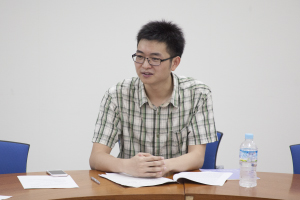 |
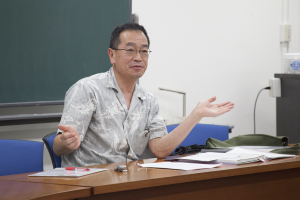 |
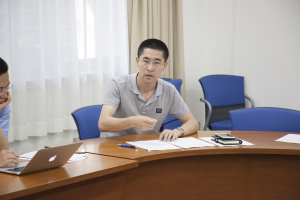 |
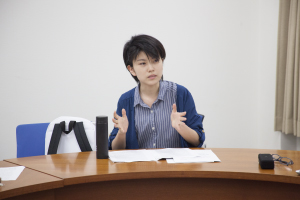 |
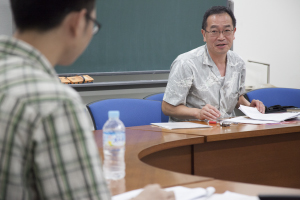 |
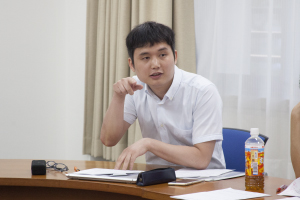 |
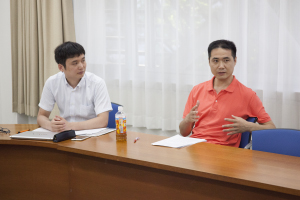 |
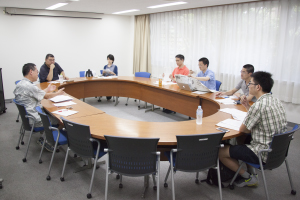 |
研讨会信息
日期:
2016年7月11日 14:55~16:40
会场:
东京大学东洋文化研究所3楼 第二会议室
Date:
11/July/2016
Time and Place:
14:55-16:40 at the Meeting Room 2, 3rd floor of Institute for Advanced Studies on Asia, the University of Tokyo
原题:
传统中国法哲学何以可能
題目:
中国伝統法に対する法哲学的研究の意義
Title:
Why do we learn Chinese traditional legal philosophy?
主讲人:
武 夫波 中国政法大学博士课程、东京大学东洋文化研究所访问研究员
Lecturer:
WU,Fubo, China University of Political Science and Law,Visiting Researcher of Institute for Advanced Studies on Asia,the University of Tokyo
摘要:
传统中国法自其滥觞起,起承辗转至今,自有其固有之理,此“理”就是传统中国的法哲学,对其进行研究不仅可行而且必要。传统中国法哲学的基本逻辑体系可以归纳为本体论、价值论、方法论和运行论四部分,各组成部分互相影响,形成了卓有特色动态运行的法哲学体系。
要旨:
発生から現在に至るまで、中国伝統法の中には「理」というものが固有的なものとして存在し続けている。この「理」において中国の伝統的な法哲学を見ることができる。中国伝統法に対する法哲学的研究は可能であり、かつ必要なことである。中国伝統法における法哲学は本質論、価値論、方法論と運行論といった四つの論理的体系から整理することができる。それぞれは相互に影響しつつ全体として法哲学の体系を形成していた。
Summary:
From the very beginning to now, the Chinese traditional law has suffered many setbacks and misery, but it still exists, there must be reasons for that. That reason is the philosophy of the Chinese traditional law. That is why it is not only reasonable but also necessary to study the Chinese traditional legal philosophy. The basic logic system of the Chinese traditional legal philosophy can be summarized as four parts: ontology, axiology, methodology and operation of constitution, which interact and affect each other to form the characteristics and dynamics of Chinese traditional legal philosophy.
東京大学・東洋文化研究所・班研究「綜合中国固有法史研究、近代法史研究及現代法研究的試図」(主任 高見澤 磨・東京大学・東洋文化研究所・教授)
语言:中文
主催:東京大学・東洋文化研究所・班研究「中国法研究における固有法史研究、近代法史研究及び現代法研究の総合の試み」(主任 高見澤 磨・東京大学・東洋文化研究所・教授)
附記:講演は中国語で行われます。通訳はつきません。
Language:Chinese(without interpretation)
Hosted by Regular Research Project of An Attempt at the integration of Studies in the Traditional , Modern and Contemporary Chinese Legal System(prof. TAKAMIZAWAOsamu , Institute forAdvanced Studies on Asia, the University of TOkyo)
担当:高見澤

